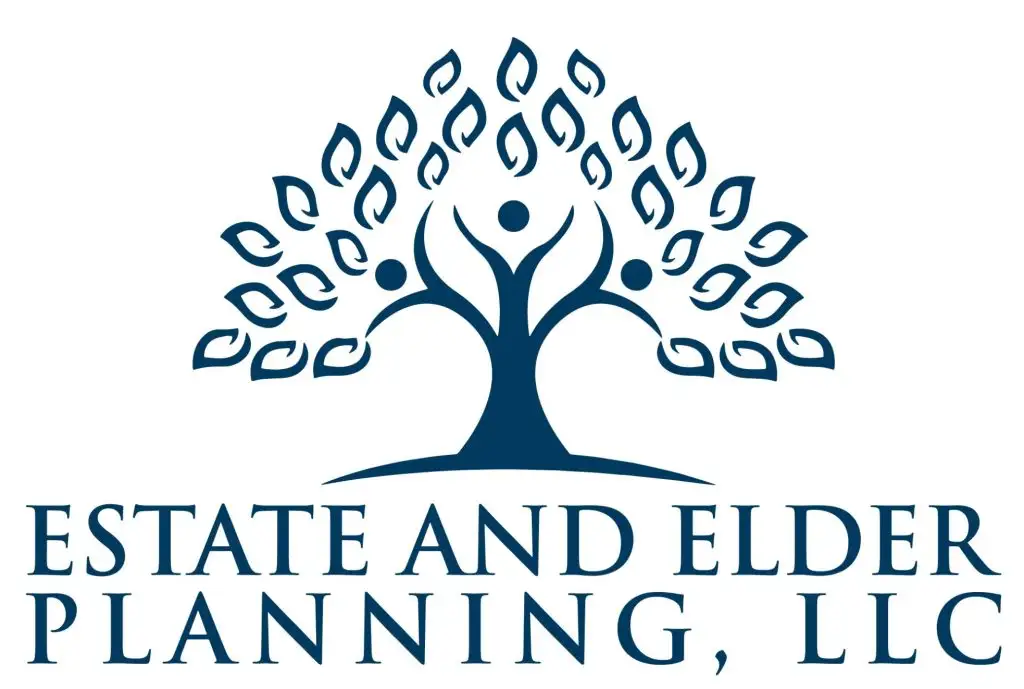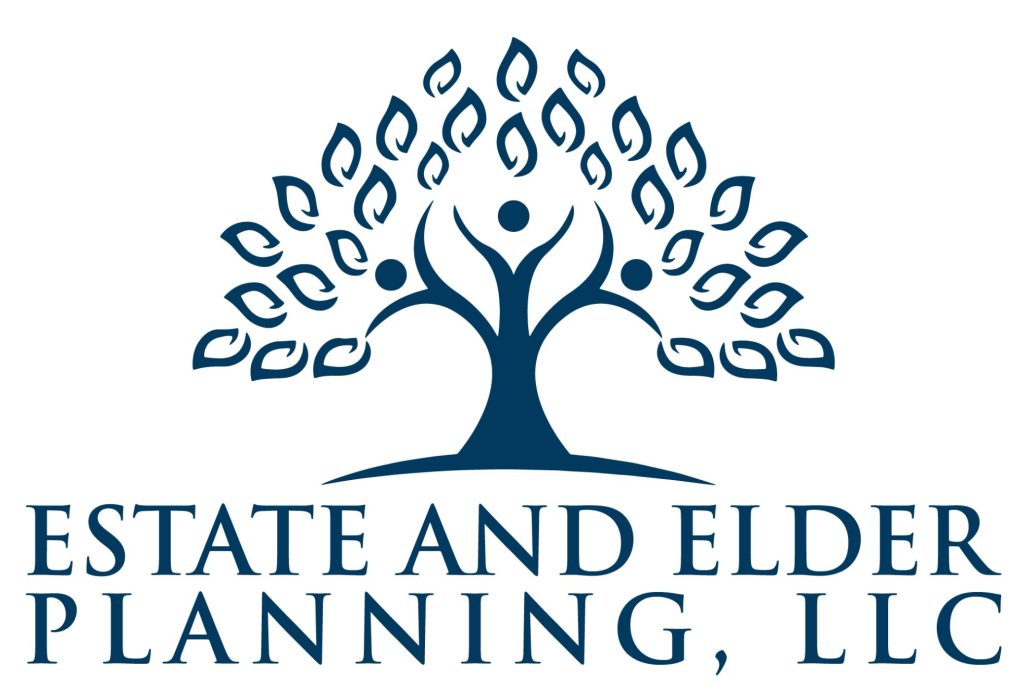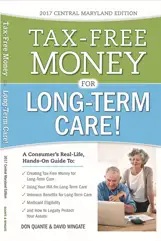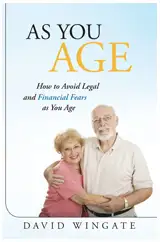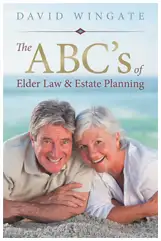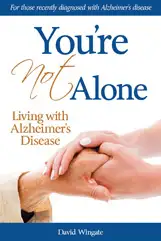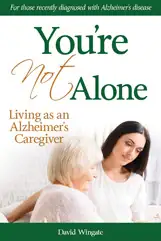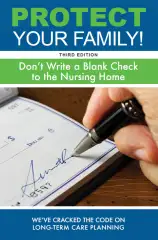Estate and Elder Planning, LLC
We understand that planning for the future is about more than just documents—it’s about peace of mind. Our team specializes in crafting personalized estate plans designed to protect your assets, ensure your wishes are honored, and provide security for your loved ones. Whether you’re planning a will, establishing a trust, or navigating the complexities of Medicaid asset protection, we’re here to guide you every step of the way. Let us help you create a plan that reflects your values and secures your legacy.
“I want to thank you for all the help you gave to … on such short notice. It meant so much to us. You are truly a great guy! Again thanks.”

Our Services
What We Offer

Estate Planning

Medicaid
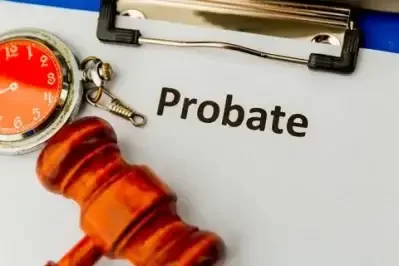
Probate
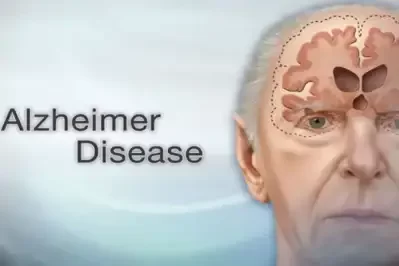
Alzheimer’s Planning


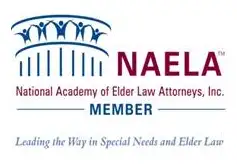
What can we help with today?
- Control Over Your Assets: Without a plan, state laws decide how your estate is divided, which may not align with your desires. An estate plan lets you dictate who inherits your property, finances, and valuables.
- Minimizing Taxes: Proper planning can help reduce estate taxes and protect more of your wealth for future generations.
- Avoiding Probate: A well-crafted estate plan can help your family avoid the time-consuming and costly probate process, ensuring a smoother transfer of assets.
- Guardianship for Minor Children: If you have young children, an estate plan allows you to designate guardians, ensuring their care and upbringing align with your values.
- Health and Financial Decisions: Estate planning includes documents like powers of attorney and living wills, which designate trusted individuals to make healthcare and financial decisions if you're incapacitated.
- Protecting Beneficiaries: Through trusts and other tools, you can provide for loved ones with special needs, manage inheritances for minors, protect your assets from the nursing home, and protect assets from creditors.
How to transform your future! | Click here for video
Planning For Retirement | Click here for video
How to protect your life savings from the Nursing Home? | Click here for video
Consult with an Estate and Elder Planning Attorney | Click here for video
A Durable Power of Attorney is a legal document that allows you to appoint someone (an agent) that can make financial and legal, on your behalf if you become incapacitated. This prevents potential conflicts or difficulties in managing your affairs and ensures that your wishes are honored even when you're unable to communicate them. Unlike a regular power of attorney, a durable one remains in effect even if you lose the ability to make decisions for yourself, ensuring continuous management of your affairs.
A Medical Power of Attorney is a legal document that designates someone (an agent) to make medical decisions on your behalf if you are unable to do so due to illness or incapacity. This ensures that your healthcare preferences are respected and that decisions are made by someone you trust.
A Living Will is a legal document that specifies your preferences for medical treatment and end-of-life care in the event that you become unable to communicate your wishes. It typically addresses issues like life support, resuscitation, and other critical medical interventions, ensuring that your healthcare decisions are followed according to your desires.
A Last Will and Testament is a legal document that outlines how a person’s assets and property will be distributed after their death and can also name guardians for minor children.
A Last Will and Testament is important because it ensures that your assets are distributed according to your wishes, helps avoid family disputes, and can designate guardians for minor children. Without a will, state laws determine how your estate is divided, which may not reflect your preferences.
A Revocable Trust is a legal arrangement that allows you to manage your assets during your lifetime and specify how they will be distributed after your death. It can be changed or revoked at any time and helps avoid probate.
A Revocable Trust is important because it allows for seamless management and transfer of assets without going through probate. It offers flexibility, as it can be changed during your lifetime, and provides privacy while ensuring your assets are distributed according to your wishes.
The main difference between a Last Will and Testament and a Revocable Trust is how and when they take effect. A Will only takes effect after death, directing how your assets will be distributed and going through the probate process. A Revocable Trust, on the other hand, takes effect immediately upon creation, allows for the management of your assets during your lifetime, and helps avoid probate after death, providing a more private and efficient transfer of assets.
An Irrevocable Trust, often referred to as a Medicaid Trust, is a legal tool used to protect assets while qualifying for Medicaid benefits. Once assets are placed in this trust, the trust's terms cannot be changed or revoked. This allows individuals to protect their assets from being counted as part of their estate when applying for Medicaid to cover long-term care costs, while still preserving those assets for beneficiaries.
| Medicaid asset protection trust pros and cons | https://youtu.be/l760e4EbNqM?si=Ptz3SpituEYAFaXU |
Irrevocable Trust: Once established, it cannot be changed or revoked. You give up control over the assets, which helps protect them from estate taxes and creditors and can qualify you for Medicaid, as the assets are no longer counted as part of your estate.
Estate planning for individuals with dementia is crucial, as cognitive decline affects decision-making abilities. We help families by:
This planning provides peace of mind and ensures the person’s wishes are honored.
Probate can be a lengthy and costly process, but proper estate planning can help avoid or simplify probate.
| What is probate? | https://youtu.be/wDpg3BHNC7E?si=gle6X8T_4lvathDy |
| Probate problems and issues | https://youtu.be/nFNGRn1JkWg?si=2VWk1Tukpk920QrL
5. Gifting Assets During Your Lifetime: By gifting property or money while you’re alive, you reduce the size of your estate and avoid having those assets pass through probate.
Make Appointment
Setting up an appointment with Estate and Elder Planning, LLC is the most important step you can take to protect your family and ensure your wishes are fulfilled. Whether you’re planning for the future or facing immediate concerns, our team is here to provide guidance and solutions tailored to your unique needs. Reach out today to safeguard your legacy and make your intentions clear.
Don’t leave your family’s future to chance. Schedule an appointment today to secure peace of mind.

